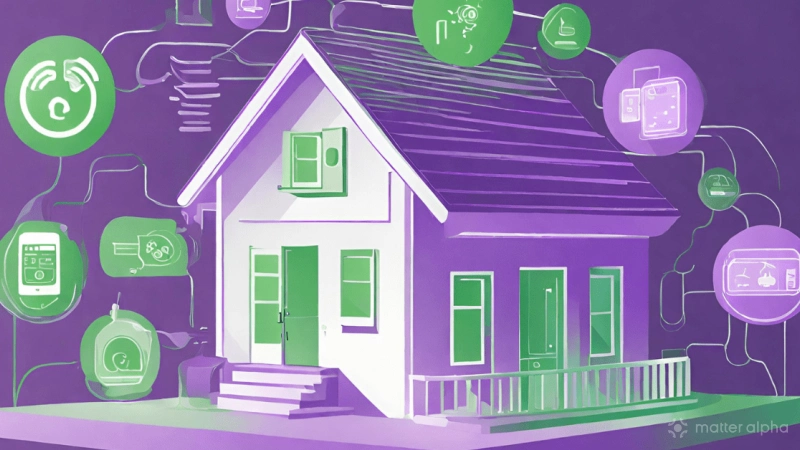The smart home industry is buzzing with the arrival of Matter, a standard aimed at simplifying the compatibility of devices and streamlining the user experience. While major players like Google, Amazon, Apple, and Samsung have pledged support, some notable brands remain absent.
In this article, we will explore the four brands opting out of Matter and examine the potential reasons behind their decisions.
Brands Not on Board
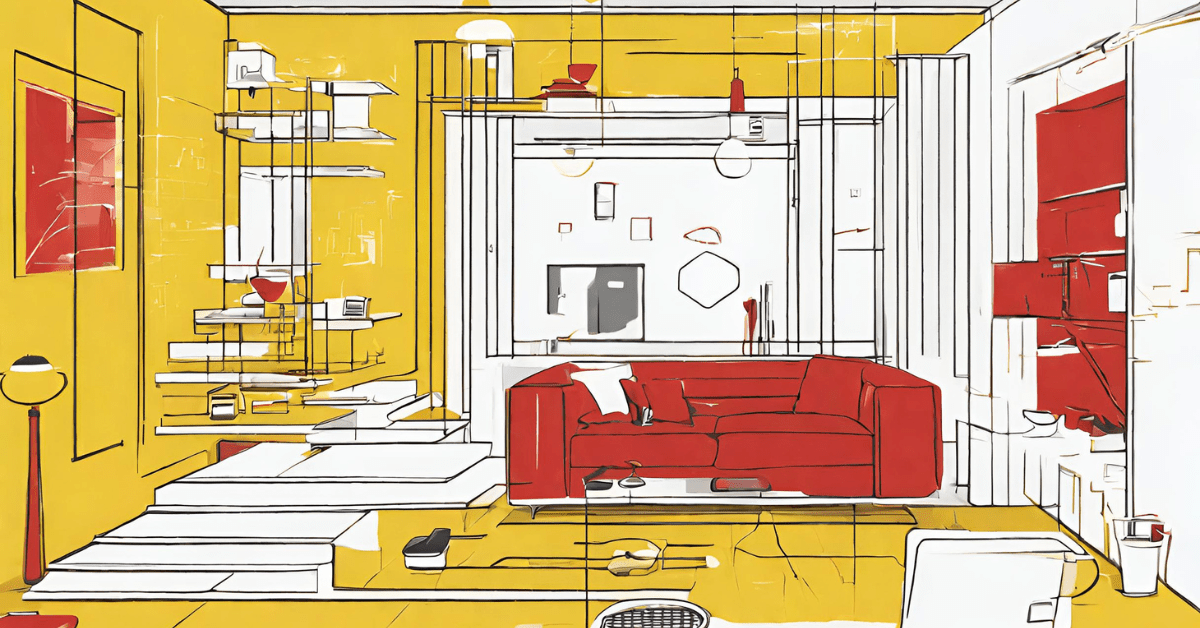
While the Matter bandwagon is gaining momentum, some influential brands are conspicuous by their absence. Here are some prominent holdouts.
Lutron
A leading name in lighting control, Lutron has its own established ecosystem and expresses concerns about potential security compromises within Matter.
Bosch
Focused on its Home Connect platform, Bosch argues it already aligns with Matter's goals and may integrate Matter functionalities in the future.
Honeywell
Another prominent name in security and automation, Honeywell maintains its own platform, with no official stance on Matter integration.
LG
While committed to interoperability, LG hasn't confirmed full Matter adoption for its ThinQ platform.
Why Are They Hesitating?
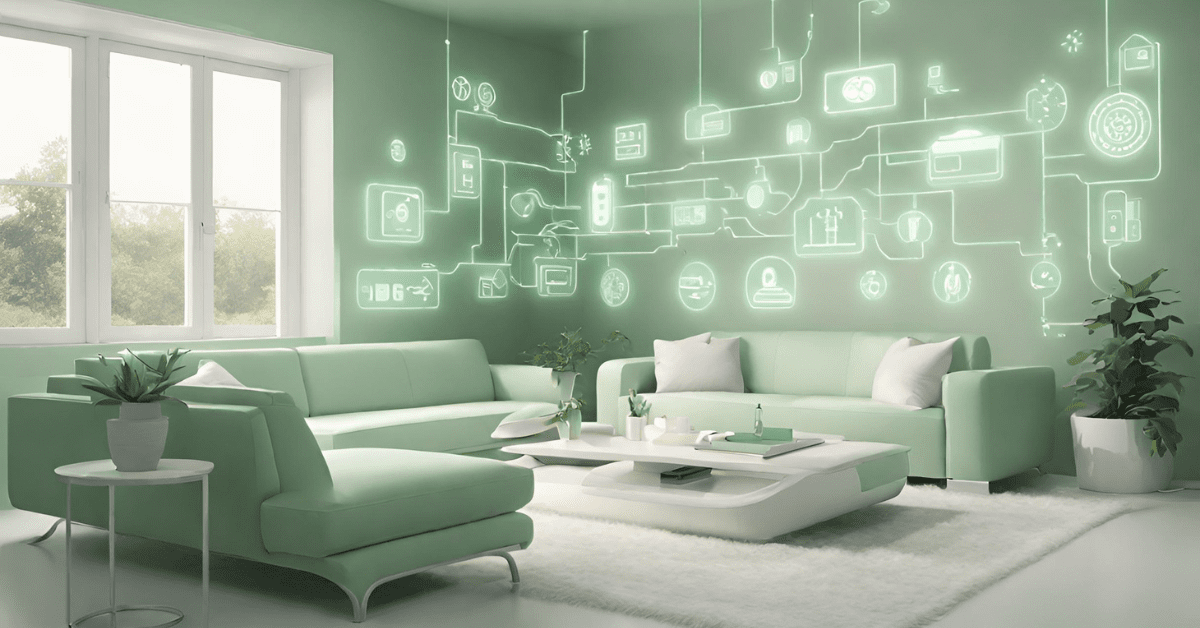
While some brands have more or less adopted a "wait and see" stance, several factors might explain their reluctance to embrace Matter.
Investment in Existing Platforms
Brands with established ecosystems might see Matter as a threat to their proprietary platforms and the control they offer.
Security Concerns
Integrating a new standard can introduce potential security vulnerabilities, and some brands might prioritize their existing security solutions.
Cost and Effort
Implementing Matter requires technical adjustments and resource allocation, which might not be immediately feasible for all brands.
Competition and Differentiation
Brands might see Matter as diluting their unique selling points and features, preferring to maintain their distinct identities.
The Future of Matter
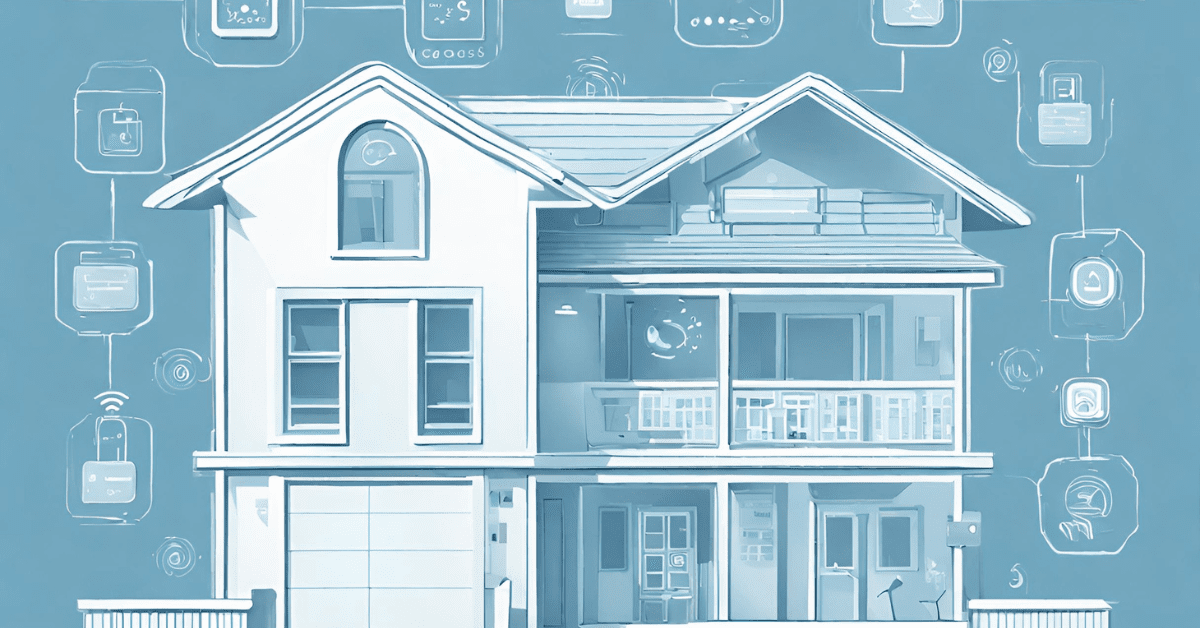
Despite the holdouts, the Matter ecosystem is rapidly expanding. The success of this standard hinges on widespread adoption, and the absence of these brands creates a fragmented landscape.
However, the open-source nature of Matter allows for future inclusion, and collaboration efforts are ongoing.
What does it mean for you?
As a consumer, the presence of holdouts means you might still face compatibility challenges within your smart home. However, Matter's growing adoption signifies a positive step towards a more unified future.
You can encourage your preferred brands to adopt Matter by voicing your support and highlighting the benefits for both companies and users.
The Potential Repercussions For The Future
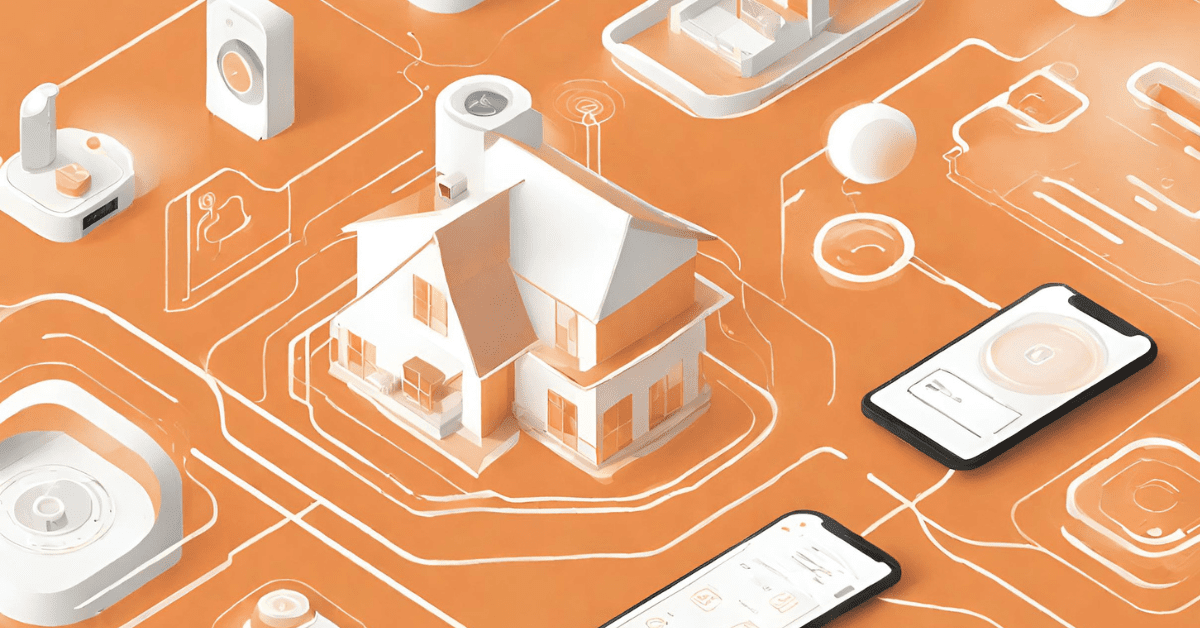
Now that we have mentioned the brands hesitant to embrace Matter, let's delve deeper into the potential repercussions and explore possible scenarios for the future.
Holdouts as Roadblocks?
The absence of major players like Lutron and Honeywell raises some concerns about Matter's ability to achieve universal adoption. Fragmented ecosystems with competing standards could persist, hindering the seamless interoperability Matter promises.
Consumers might remain locked into specific brands, limiting their choices and hindering innovation.
Shades of Gray
It's important to consider that not all "holdouts" are created equal. Some, like Bosch, express potential openness to integrate Matter functionalities in the future.
This suggests a wait-and-see approach, gauging Matter's market traction and addressing initial concerns before diving in.
The Power of Open Source
One advantage of Matter's open-source nature is its adaptability. The standard can evolve and address concerns raised by hesitant brands.
Collaborations and technical adjustments might pave the way for future inclusion, ensuring even late adopters benefit from the growing ecosystem.
Beyond Interoperability
While seamless device communication is crucial, Matter brings more to the table. Enhanced security protocols and streamlined user experiences are equally important benefits.
Holdouts who prioritize these aspects might create their own secure, user-friendly ecosystems, even if they lack full interoperability with Matter.
The Consumer Choice
Ultimately, the success of Matter hinges on consumer demand. As users become increasingly aware of the benefits of unified standards, their purchasing decisions and vocal support can incentivize brands to join the Matter bandwagon.
Conversely, continued fragmentation could lead consumers to prioritize brands that embrace open standards and interoperability.
Possible Futures
- All major brands eventually adopt Matter, leading to a truly connected smart home with seamless device communication and a vast array of compatible products.
- Brands like Lutron and Honeywell maintain their unique platforms while offering some level of Matter integration for basic interoperability, creating a hybrid landscape.
- Smaller brands focused on specific functionalities thrive by offering differentiated, secure experiences within their closed ecosystems, catering to specific user needs.
What You Can Do as a Consumer
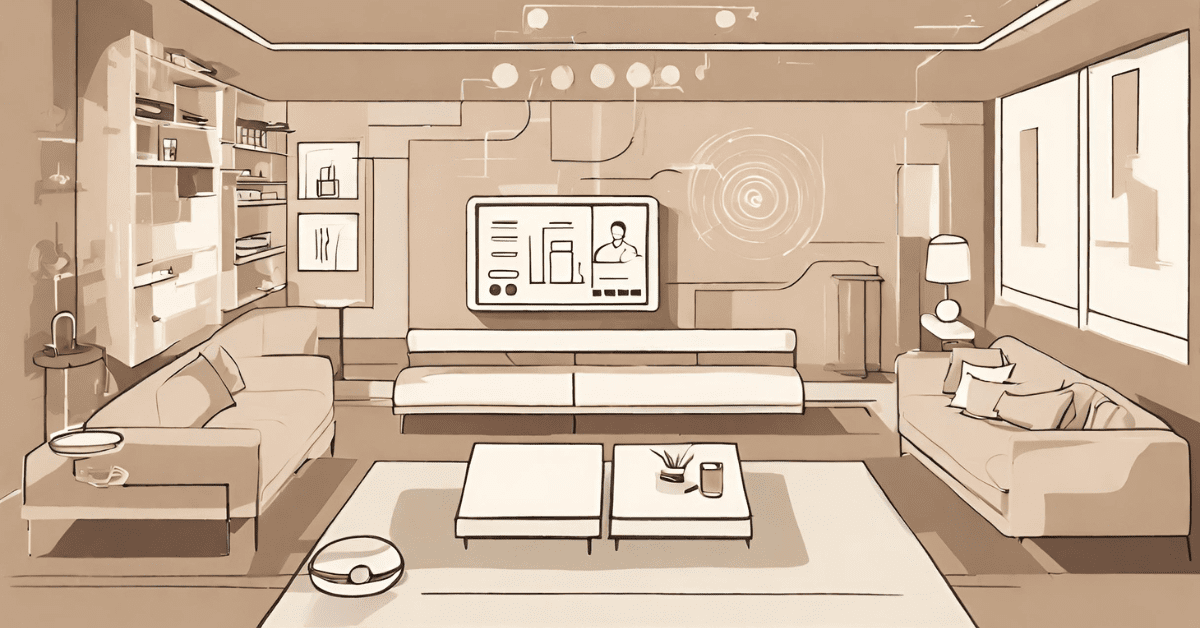
As a consumer, navigating the evolving smart home landscape requires careful consideration.
Prioritize your needs
Identify which smart home functionalities are most important to you. If seamless interoperability is a priority, Matter-compatible devices are your best bet.
Research before buying
Check brand stances on Matter and ensure your chosen devices integrate with your existing ecosystem.
Voice your opinion
Let your preferred brands know you value open standards like Matter and encourage their participation.
Examples of Products That Would Benefit from Matter Integration
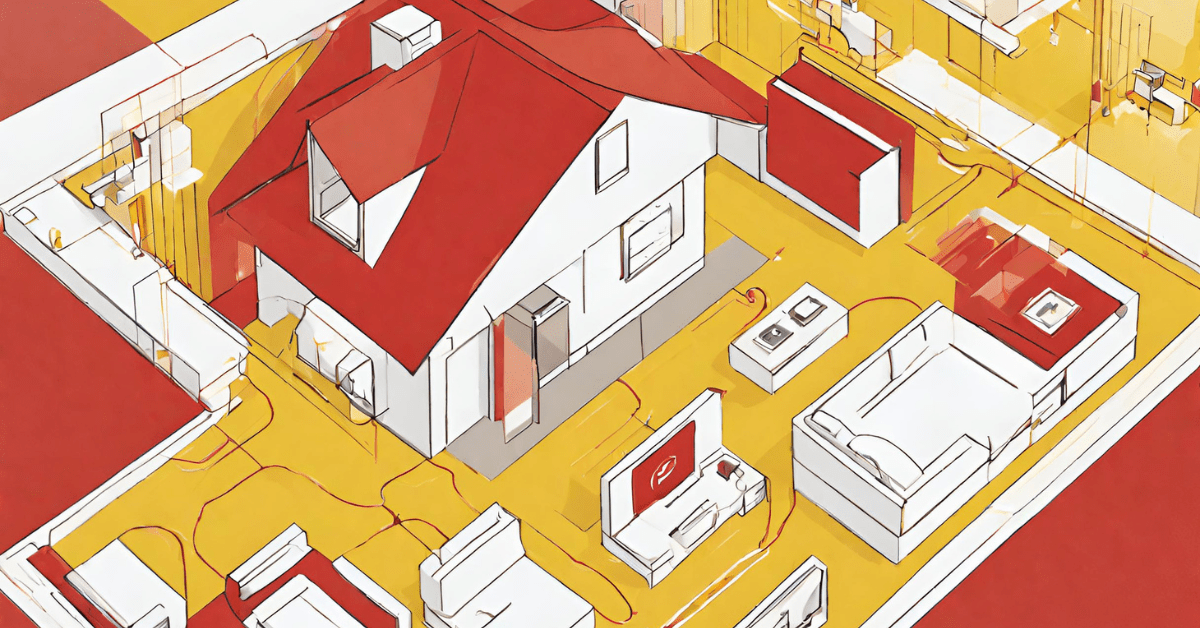
If those brands did jump on board the Matter wagon, what could we expect to see?
Lutron Caseta Dimmer Switch
Imagine controlling this popular dimmer switch seamlessly alongside your Google Home or Philips Hue lights through Matter, eliminating the need for separate Lutron hubs and apps.
Honeywell Home Thermostat
Integrating this widely used thermostat with Matter would allow for centralized control and automation alongside other Matter-compatible devices, streamlining your smart home heating and cooling.
Bosch Home Connect Appliances
Matter integration for Bosch's ovens, dishwashers, and washing machines would enable voice control through assistants like Alexa or Google Assistant, along with integration into smart home routines.
LG ThinQ Washer/Dryer
Bringing these Wi-Fi-enabled appliances under the Matter umbrella would allow for scheduling laundry cycles and receiving notifications through a unified smart home app, regardless of your preferred ecosystem.
Coexisting Connections: Zigbee, Z-Wave, and the Matter Ecosystem
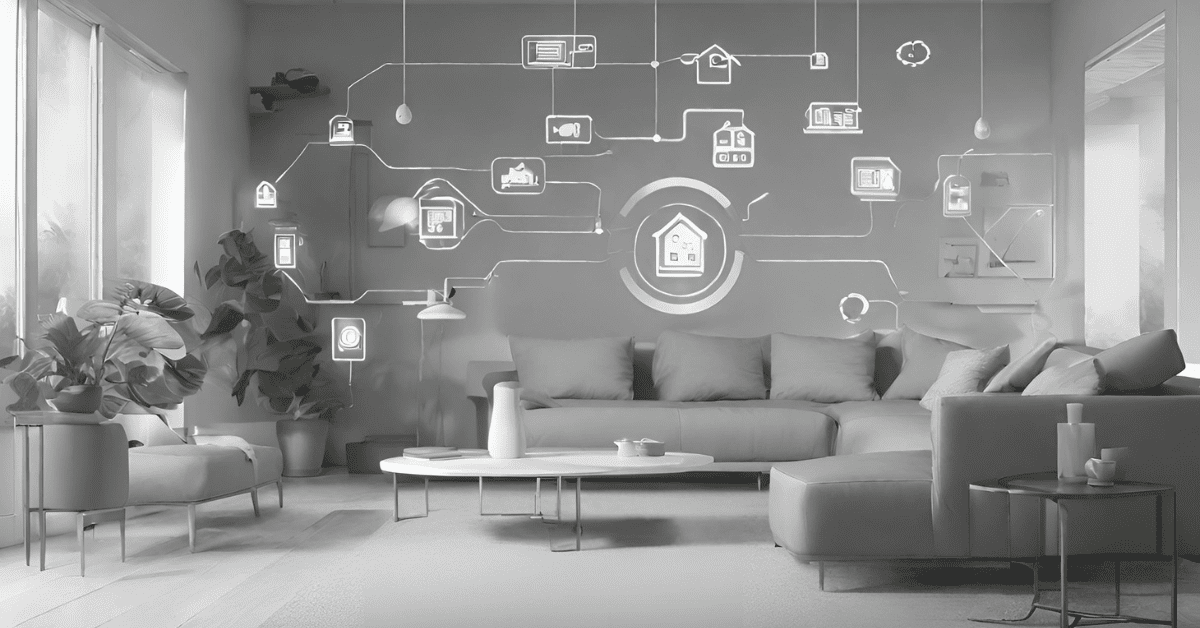
While Matter represents a major step towards a unified smart home, it's not the only game in town.
Existing protocols like Zigbee and Z-Wave boast established ecosystems and millions of connected devices, posing an interesting question: will they coexist with Matter, or face obsolescence?
Is Zigbee Better Than Matter?
Imagine a network that thrives on low power, seamlessly connecting battery-powered sensors and light switches. That's the beauty of Zigbee, popular for its mesh networking and energy efficiency.
While Matter currently lacks a direct equivalent for this specific use case, Zigbee remains a strong contender for resource-constrained devices.
Will Matter Replace Z-Wave?
On the other hand, Z-Wave shines in reliability and range, often chosen for security systems and critical applications where communication stability is crucial.
Although Matter prioritizes security, Z-Wave's established presence in this niche ensures its continued relevance.
The relationship between these protocols and Matter is like a well-written story - full of possibilities and open to different endings.
Potential integration could see Zigbee and Z-Wave bridges or gateways facilitating communication with Matter devices, broadening compatibility and functionalities.
The Bottom Line
While the presence of holdouts creates complexity, it doesn't spell doom for Matter or the smart home revolution. Open collaboration, ongoing development, and consumer choice will ultimately shape the future of this interconnected landscape.
By understanding the holdouts and their potential reasons, we can stay informed about the evolving smart home landscape and make informed decisions about the products we choose. Remember, the path to a truly connected smart home requires the collective effort of both brands and consumers.
